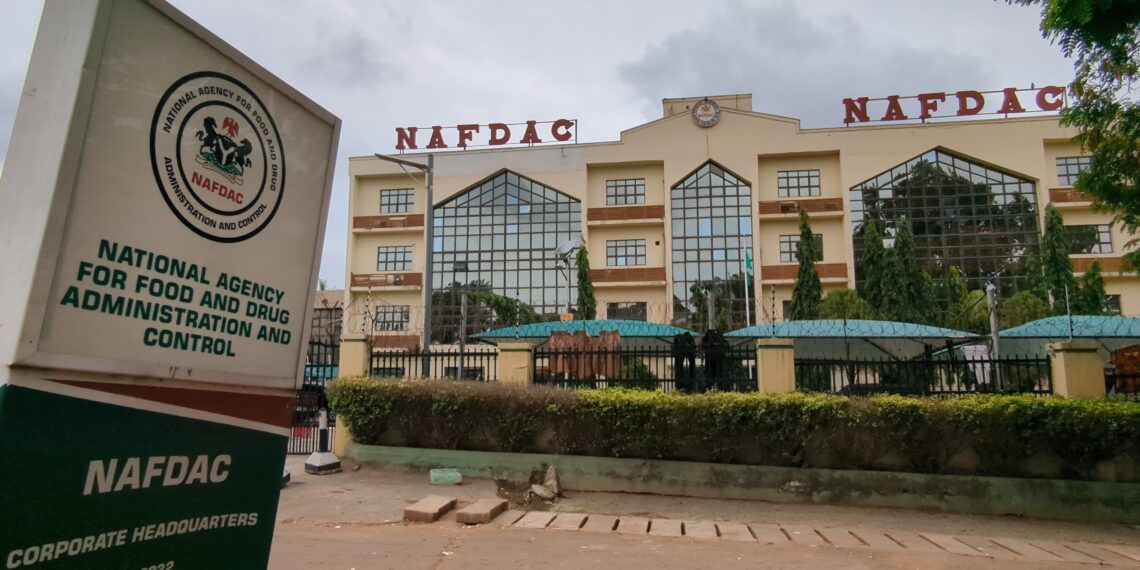For the past few days, many Nigerians shared worries on X (formerly Twitter) about the influx of fake products, ranging from drinks to packaged foods, medications, and toiletries.
In response to these concerns or perhaps as a timely action, the National Agency for Food and Drug Administration and Control (NAFDAC) introduced the “NAFDAC Green Book,” a database containing information about registered and approved drugs. This move comes as an effort to address the issue of counterfeit goods in the country’s markets.
Starting January 2024, all Nigerians will have the opportunity to access the NAFDAC Green Book using their Android smartphones, enabling them to verify the authenticity of any medication. The database includes details on 6,432 registered pharmaceutical products, making it easier for the public to confirm the legitimacy of medicines online.
This initiative in the pharmaceutical sector aims to enhance consumer safety and transparency, particularly given the recent increase in counterfeit drugs. NAFDAC’s Director General, Mojisola Adeyeye, attributed this rise to the challenging economic environment, which fosters the production and distribution of subpar products.
While a 2016 report indicated that 70% of medications in Nigeria were fake, the agency reported in 2022 that the rate had reduced to between 13% and 15%.
Additionally, NAFDAC’s enforcement directorate took action by destroying 135 truckloads of voluntarily submitted fake, counterfeit, and spurious products, along with damaged or expired items, amounting to an estimated N16 billion.
Furthermore, Adeyeye revealed the agency’s plans to gradually phase out the production and sale of alcohol in sachets by January 2024. This move aligns with NAFDAC’s ongoing efforts to ensure the safety and authenticity of products in the Nigerian market.




